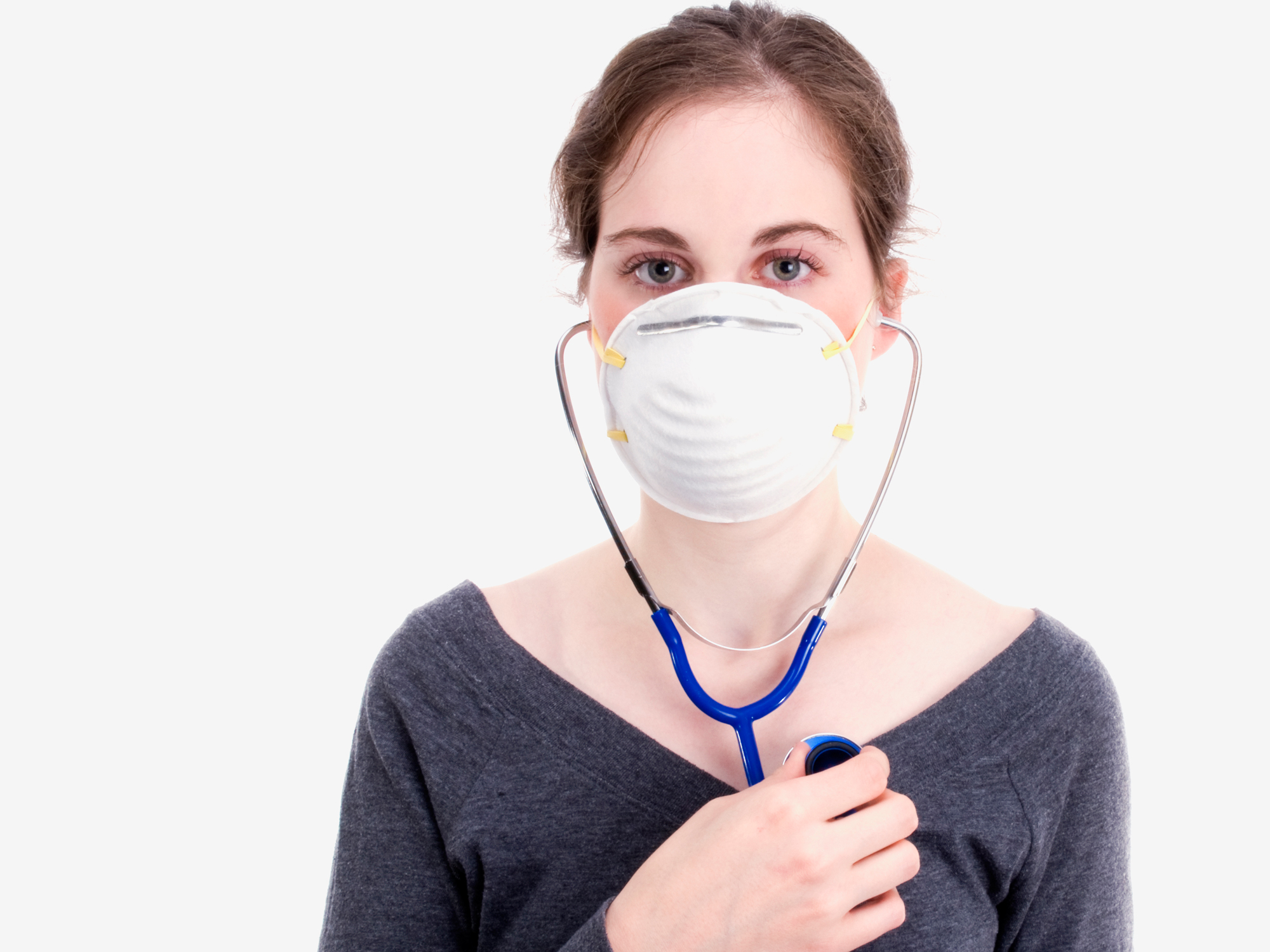Get Easy Health Digest™ in your inbox and don’t miss a thing when you subscribe today. Plus, get the free bonus report, Mother Nature’s Tips, Tricks and Remedies for Cholesterol, Blood Pressure & Blood Sugar as my way of saying welcome to the community!
How hypochondria can really make you sick

Does anxiety about your health keep you up at night? Or send you running to the doctor every other week? If it does, you may be making matters worse…
Being anxious about your health puts unnecessary stress on your body. And, in an ironic twist of fate, may actually make you sick. It can affect your digestion and gut health, give you headaches and cause inflammation in your lungs. But do you know what body part your health anxieties take the greatest toll on?
Your heart.
Researchers from the University of Bergen in Norway found that people with health anxiety doubled their risk of heart disease. In fact, people with the highest levels of health anxiety had a whopping 70 percent higher chance of developing heart disease. But, according to researchers, even low levels of health anxiety increase your heart disease risk.
After examining the health data of more than 7,000 people, researchers found that 700 of these people had a higher risk of heart disease due to health anxiety. Just to be safe, they made sure this risk wasn’t due to other factors, like smoking, lack of physical activity, drinking alcohol or family history. But sure enough, it wasn’t. It was all due to anxiety.
That’s no surprise if you consider how anxiety affects your body. It creates a fight or flight response that increases your heart and breathing rate, causes your muscles to tense and reduces blood flow to your organs. If this fight or flight response goes on long enough, it leads to inflammation — the kind that can cause heart disease.
But that’s not the only way worrying puts your health at risk…
Too many visits to your doctor’s office can make you a prime target for unnecessary over-medicating. Take the statin-prescribing epidemic for example…
Despite their own studies that show the dangerous down-sides of statins, the medical community is not only continuing to push big pharma’s most prescribed drug on heart patients, but now they want to prescribe it as a preventative of all things.
Statins can zap you of energy, distort your vision, cause muscle weakness (remember — your heart is a muscle) and increase your cancer risk. Can you imagine how much anxiety those side effects alone could cause?
Considering that the Nurse’s Health Study revealed that just walking 10 minutes a day, 6 days a week can reduce heart attack risk as much as cholesterol-lowering drugs — that’s anxiety most of us could do well without.
So the take home message here is that you can’t worry yourself well. So why worry at all? I know that’s easier said than done. But there are a few ways to keep your anxiety from sabotaging your health, like:
- Making changes to improve your health. Eat well, exercise and lower your stress levels. By being proactive about your health, you’ll feel better physically and mentally, and you’ll find you have less to worry about in the first place.
- Avoiding activities that lead to increased anxiety, like watching too much television.
- Trying anxiety-relieving practices like meditation and yoga. These practices will help reduce your overall anxiety, which will ease your health anxiety too.
- Reasoning with yourself. Next time you catch yourself worrying about a new ache or pain, remind yourself it’s not worth it. Shift your attention to more productive, positive thoughts.
- Finding a doctor or health practitioner you trust. The more you trust your go-to health professional, the more confident you’ll feel about his or her advice and your health. Anytime your doctor suggests medication, tell him or her you want to discuss drug-free options to improve your health.
Sources:
-
Iden Berge, et al. “Health anxiety and risk of ischaemic heart disease: a prospective cohort study linking the Hordaland Health Study (HUSK) with the Cardiovascular Diseases in Norway (CVDNOR) project.” BMJ Open, 2016.
-
“Anxiety and physical illness.” Harvard Health Publications. http://www.health.harvard.edu. Retrieved November 4, 2016.












